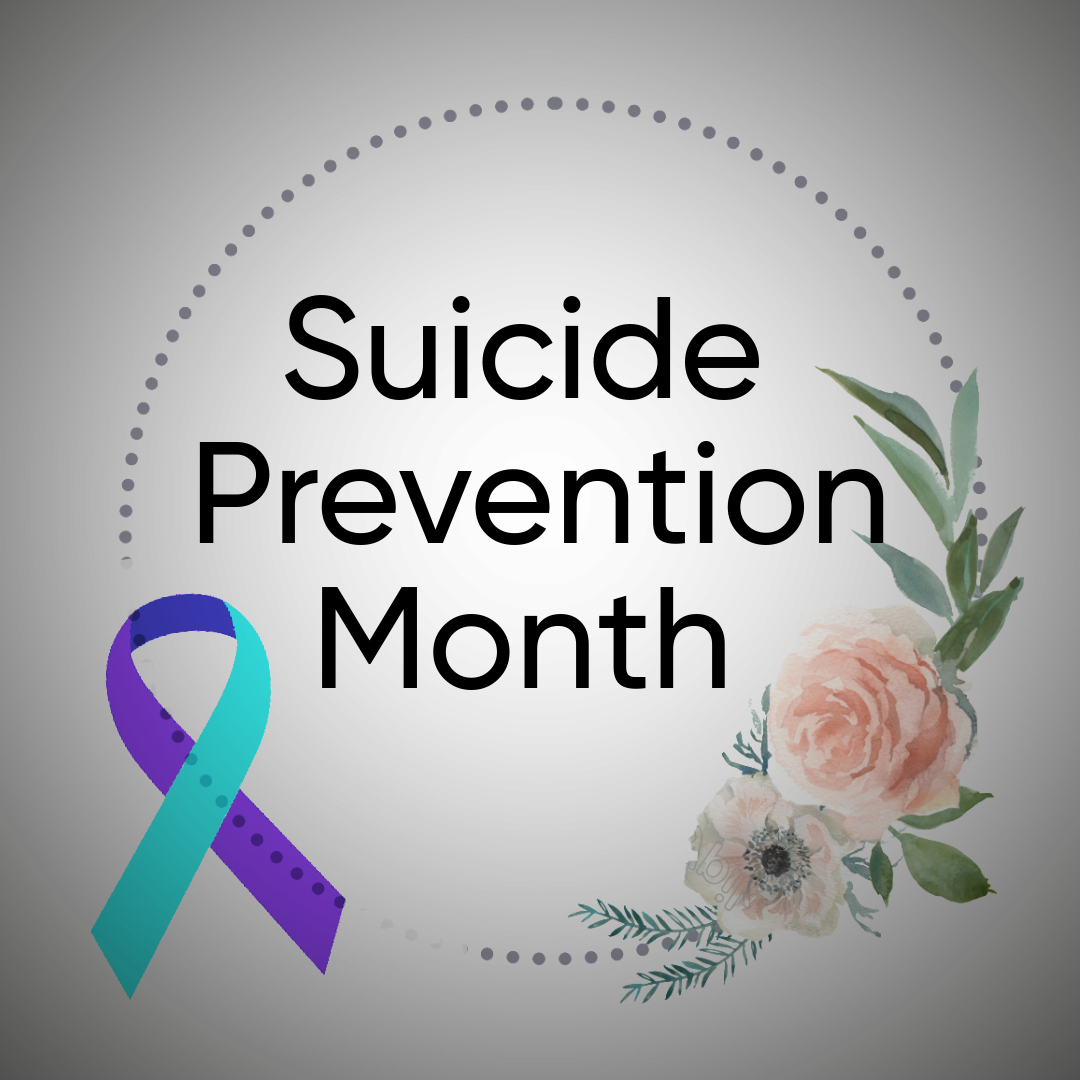Suicidal thoughts are not easy to deal with every day. Mental health conditions can affect anyone regardless of age, gender, or background. Although common, they should not be considered normal and often indicate more serious issues.
According to this website about suicide, “September was first declared as National Suicide Prevention Awareness Month in 2008. Since then, September has been a time to acknowledge those affected by suicide, raise awareness, and connect individuals with suicidal ideation to treatment services. Each year more than 41,000 individuals die by suicide, leaving behind friends and family members to navigate the tragedy of their loss. Suicide is the 10th leading cause of death among adults in the U.S. and the 2nd leading cause of death among people aged 10-24 and these rates are increasing.”
Feeling overwhelmed by life’s challenges can sometimes lead to suicidal thoughts. When hope for the future fades, suicide might seem like the only option. During a crisis, it’s common to feel as though there’s no way out except through suicide. It’s important to understand that suicidal thoughts and attempted suicide can have a profound emotional impact. Suicidal thoughts can be all-consuming, making it difficult to carry out daily activities.
Additionally, attempted suicides, often impulsive acts during moments of crisis, can result in severe and permanent injuries such as organ failure or brain damage. Suicide in children and teenagers can follow stressful life events. What a young person sees as serious and insurmountable may seem minor to an adult- such as problems in school, the loss of a friendship, or a breakup.
If you have a history of suicide attempts, feelings of hopelessness, worthlessness, agitation, social isolation, or loneliness, or have experienced a major life stressor, substance abuse issues, an underlying psychiatric disorder, a family history of mental illness or violence, a medical condition linked to depression, or face challenges as a member of the LGBTQ+ community in an unsupportive environment, please seek help and support.
If you are experiencing suicidal thoughts, it’s important to remember that these feelings are temporary. Seeking treatment and taking one step at a time can help you regain perspective and improve your life. It’s crucial not to act impulsively, as without addressing the underlying cause, suicidal thoughts may return. Seeking treatment for mental health issues, such as depression or substance misuse, can lead to an improved quality of life and help keep you safe. It can be challenging to discuss suicidal feelings, and those close to you may struggle to comprehend your emotions. Despite this, it’s important to reach out and ensure that your loved ones are aware of your situation and available to support you. Seeking assistance from your religious community, support groups, or other local resources may also be beneficial. Establishing connections and receiving support can play a crucial role in lowering the risk of suicide.
Where to find help:
- Call or text 988
- https://988lifeline.org/?utm_source=google&utm_medium=web&utm_campaign=onebox
- https://www.helpguide.org/mental-health/suicide-self-harm/are-you-feeling-suicidal
- Call 800-273-8255
- Safetosay
- Guidance Counselor
- Trusted Adult/Friend
YOU MATTER.










